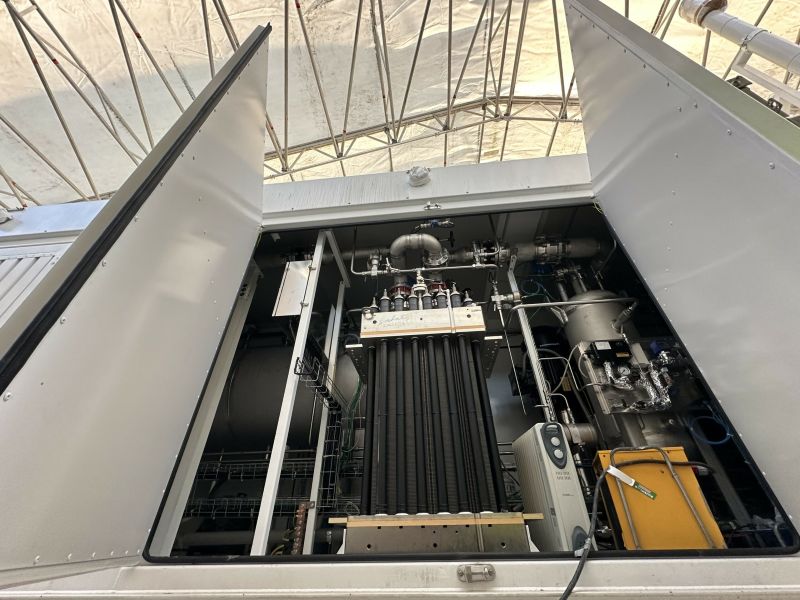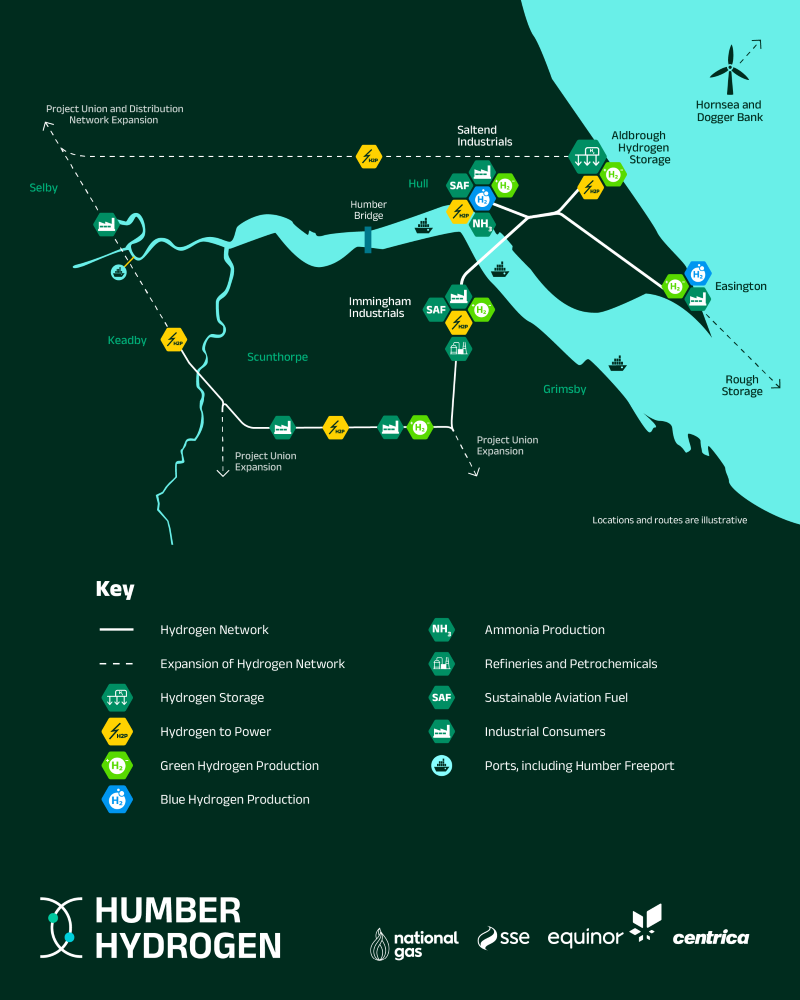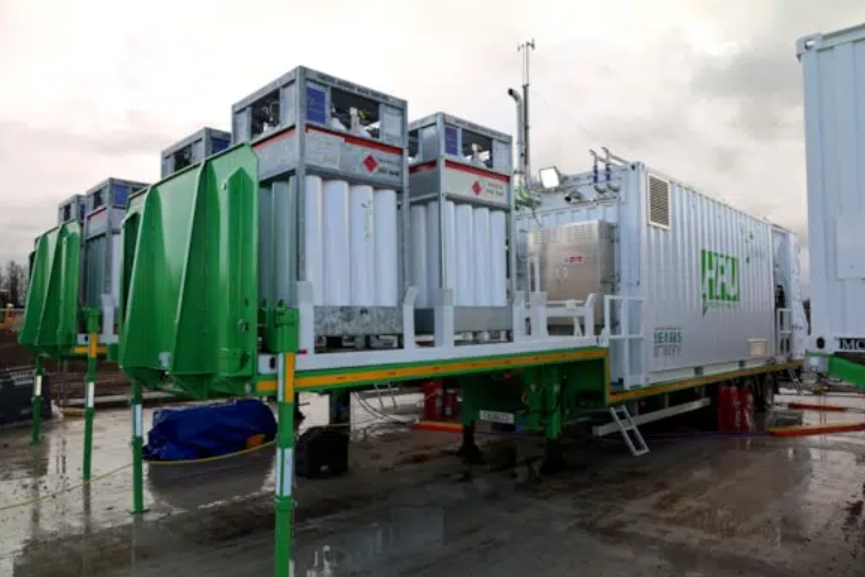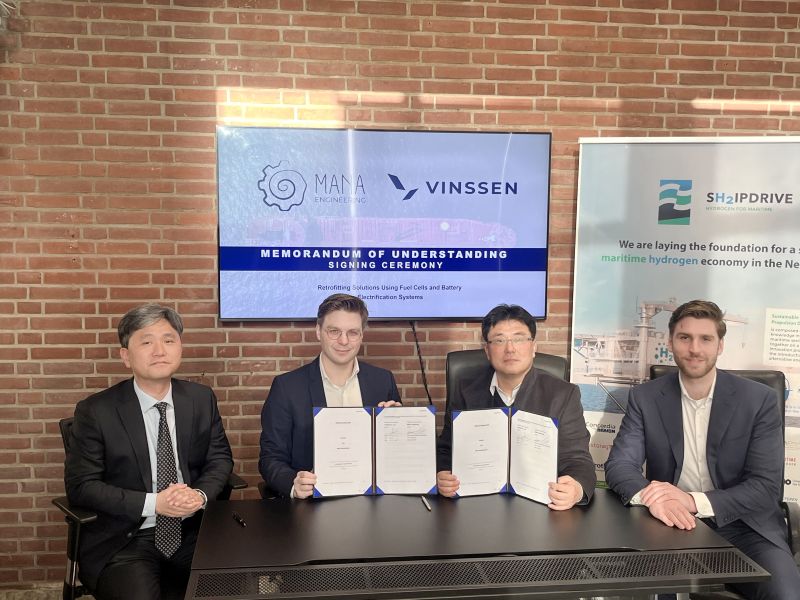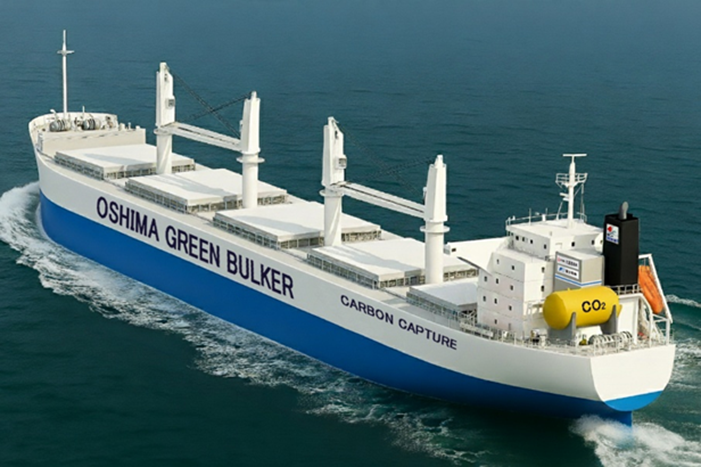Latest News
Featured Articles
Podcasts

Seal-less pump technology in syngas, ammonia and next-gen energy applications
This episode features a conversation with Michael Sadoski, Sales Engineer at Hayward Tyler, a 200-yr-old UK-based specialty pump and motor manufacturer. Sadoski breaks down how motor pump technology improves safety, reliability and lifecycle costs compared with traditional sealed and mag-drive pumps—particularly in high-pressure, high-temperature and hazardous applications. The discussion covers real-world use cases across syngas processing, ammonia production and transport, H2 value chains, petrochemicals and oil and gas.

Revolutionizing power systems: The future of load smoothing, a discussion with Siemens Energy
In this episode, Danny Clayton, Director of Sales for Electrification, Automation and Digitalization, and Bjørn Rasch, Head of Technology Management for Electrification, Automation and Digitalization, both from Siemens Energy. discuss the challenges and innovations in power systems, particularly focusing on load smoothing and stabilization in data centers. They delve into Siemens Energy's Blue Vault battery technology, its performance optimization through the Clean Grid Converter, and the importance of safety and reliability in battery systems. The conversation highlights Siemens Energy's comprehensive ecosystem approach to power generation and its applications across various industries, emphasizing the future of energy solutions.

Unpacking the energy transition through syngas innovation
In this episode, we explore the rapidly evolving world of energy transition through the lens of syngas innovation. Grant Grothen from Burns Mcdonnell shares insights about their work in advancing infrastructure and energy solutions, and how syngas plays a pivotal role in shaping a more resilient, low-carbon future. We discuss the long-term outlook for syngas versus conventional natural gas, examine the key steps required to accelerate decarbonization and identify the biggest infrastructure challenges standing in the way of large-scale syngas deployment.

The gasification advantage: Building the bridge to low-carbon H2 and ammonia
In this episode, Karsten Radtke, Global Head of Technical Sales for thyssenkrupp Uhde joins us to discuss how gasification, blue H2 and ammonia are reshaping the path toward industrial decarbonization. Karsten explains how syngas serves as a crucial bridge between today’s fossil-based systems and tomorrow’s H2-powered economy, and how modern gasification processes enable the efficient conversion of feedstocks into clean H2 and ammonia.
-
Seal-less pump technology in syngas, ammonia and next-gen energy applications
-
Revolutionizing power systems: The future of load smoothing, a discussion with Siemens Energy
-
Unpacking the energy transition through syngas innovation
-
The gasification advantage: Building the bridge to low-carbon H2 and ammonia
Webcasts
Understanding Hydrogen Fluid Dynamics (and Why They’re Different from Oil and Gas Applications)
Sponsored by: Swagelok
Understanding hydrogen fluid dynamics involves studying the unique nature of the fluid, the mechanical parameters that drive the fluid, and the mechanics at which the flow is operating.
Line sizing in hydrogen systems design is one big factor affecting overall system efficiency. There are many approaches designers use to calculate pressure drops and size their lines accordingly, but not all approaches are adequate.
If ...
Reducing LCOx through Process Optimization
Sponsored by: Honeywell
Discover how Honeywell Protonium™ is leading the way in reducing LCOx, emissions with innovative strategies, including managing power and cost variability, significantly cutting energy expenses.
Explore how optimizing the entire Power-to-X value chain, including hydrogen and its derivatives, boosts operational efficiency & equipment life.
Delve into methods for managing the carbon intensity of ...
Global Hydrogen Market Analysis: The Future of the Global Hydrogen Value Chain
As the world engages in an energy transition, low-/zero-carbon hydrogen is thought of as a gamechanger in helping countries reach their net-zero targets. This has led to a stark rise in investments along the hydrogen value chain, from renewable energy capacity builds and hydrogen production to downstream infrastructure and fueling capabilities.
Join Lee Nichols, Vice President, Content/Editor-in-Chief, Gulf Energy Information, as he presents a deep-dive analysis on the ...
Featured Whitepapers
Optimizing Carbon Capture Utilization and Storage to Meet Ambitious Sustainability Goals
The race to a zero-carbon future is on. Global oil and gas, petrochemical and chemical companies have announced ambitious carbon mitigation, plastics re-use and water conservation targets. Learn ...
Electrification and the Path to Net Zero: The Crucial Role Digital Technology Will Play
Electrification is accelerating across all economic sectors as the world increases demand for resources, energy and sustainability. The shift from fossil-based systems to electric will drive ...
Tackling Measurement Challenges of Extreme Process Industry Applications
In extreme process industry applications, the need for accurate and reliable measurements is more important than ever in order to control critical processes and avoid plant downtime or serious ...
An enormous energy transition is underway – equipment suppliers must adapt
An energy transition is occurring where natural gas, biogas, liquid natural gas and hydrogen play an increasing role as we aim to reach net-zero carbon dioxide goals set by policy makers globally. ...


